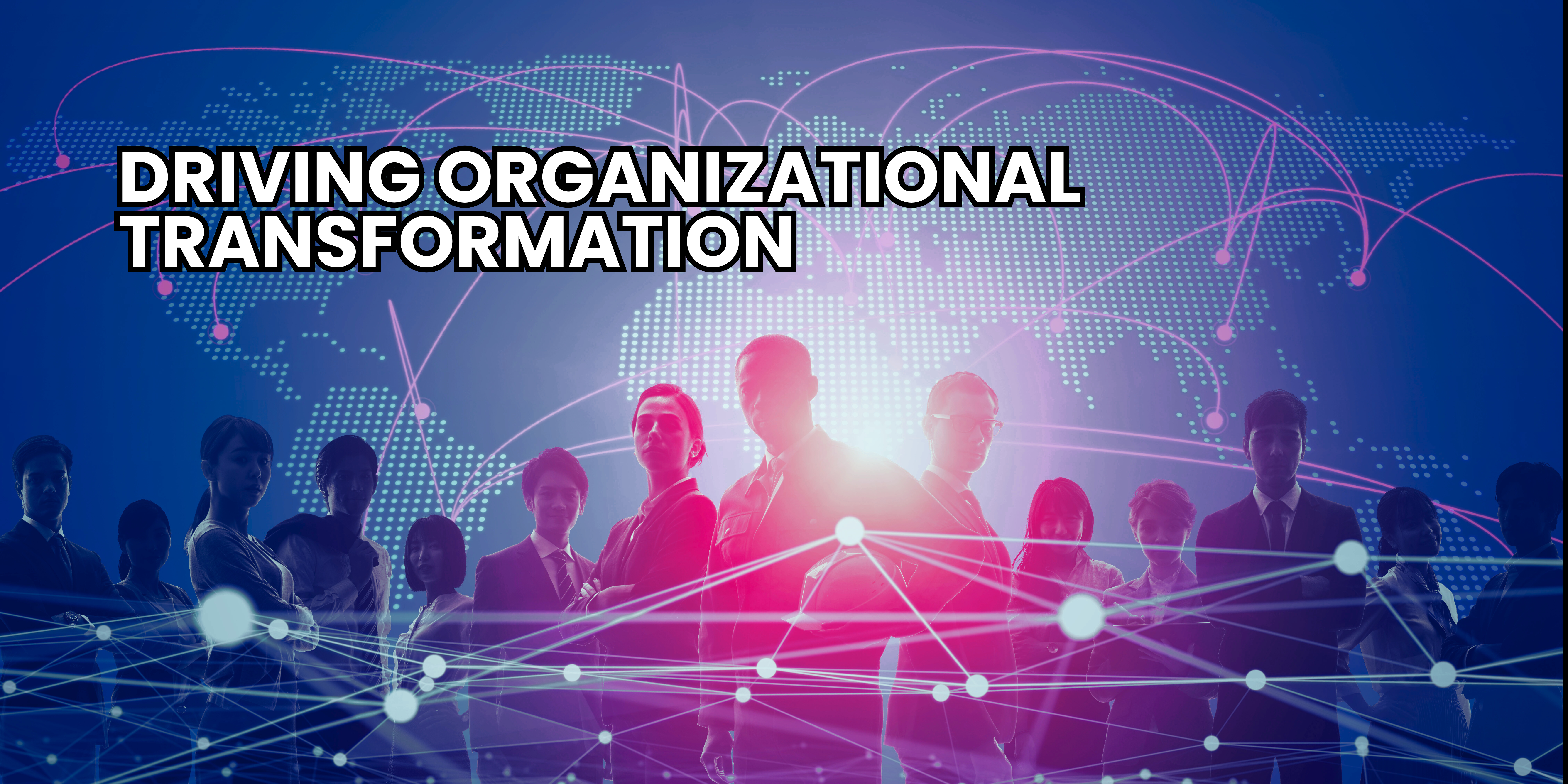How AI is Transforming the Legal Profession (2025)
"This is an arms race, and you don’t want to be the last law firm with these tools." — Daniel Tobey, DLA Piper's AI Practice Chair

In just 12 months, AI in law has gone from “what if” to “what now.” Between 2023 and 2024, AI usage in law firms tripled—from 11% to 30%—and by the end of 2024, nearly 79% of legal professionals were already using generative AI tools in their daily workflow. As we enter 2025, what began with cautious experimentation is now transforming firm operations at scale. From solo practices to Am Law giants, firms are adopting GenAI for research, drafting, and due diligence—not just to keep up, but to get ahead. The legal industry is no longer exploring AI. It’s implementing it.
Why? Because AI isn’t just promising—it’s performing.
 According to Thomson Reuters, AI is saving lawyers an average of 4+ hours per week, unlocking over $100,000 in additional billables annually per lawyer. The ROI is so immediate and measurable, it’s not just tech-forward startups leading the charge. It’s BigLaw.
According to Thomson Reuters, AI is saving lawyers an average of 4+ hours per week, unlocking over $100,000 in additional billables annually per lawyer. The ROI is so immediate and measurable, it’s not just tech-forward startups leading the charge. It’s BigLaw.
And firms that don’t adopt soon? They’re at risk of being left behind.As one leader put it bluntly: “It’s easy to become a dinosaur in this game.”
Real Results, Real Firms
Let’s move beyond buzzwords. Here’s how elite firms are putting AI to work:
-
Allen & Overy deployed Harvey AI (GPT-4) to 3,500+ lawyers across 43 offices, automating research and drafting.
-
Orrick and Fisher Phillips use CoCounsel (GPT-4) to slash research and document review times.
-
DLA Piper and Clifford Chance leverage Kira Systems to reduce M&A contract review time by up to 90%.
-
White & Case uses Luminance AI for multilingual contract analysis; also a heavy user of RelativityOne for e-discovery.
-
Baker McKenzie and Holland & Knight are building internal, GPT-powered AI tools for faster, more secure contract workflows.
📢 GAI Insights Takeaway: AI is no longer a pilot project—it’s a competitive advantage. Leading firms aren’t experimenting, they’re operationalizing AI at scale. This is your moment to act or fall behind.
What AI Is Actually Doing
The best part? It’s not replacing lawyers—it’s unlocking them.
AI tools are already:
-
Drafting documents and briefs -
Summarizing legal research -
Automating e-discovery -
Flagging high-risk clauses in contracts -
Organizing firm knowledge bases -
Helping junior associates level up faster
The result? More strategy, less slog. Faster turnaround. Happier clients. And yes—happier lawyers.
Efficiency, Cost Savings & Client Satisfaction
-
Time savings: AI frees up hours previously spent on repetitive tasks. One survey found AI delivers 4+ hours/week back to each attorney.
- Improved accuracy: AI tools like Luminance and Lexis+ AI flag anomalies and cite real legal sources, decreasing risk.
-
Cost reduction: AI allows firms to reduce billable hours on commoditized work, saving clients money and increasing firm margins.
-
Client expectations: With 70% of clients favoring AI-using firms, the tech is no longer a bonus—it’s a basic expectation.
Who’s Leading the Charge?
Law Firm |
Tool & Use Case |
Impact |
|---|---|---|
| Allen & Overy | Harvey AI (GPT-4) – Drafting & research | Global rollout, rapid first drafts |
| Orrick & Fisher Phillips | CoCounsel (GPT-4) – Research, document review | Associates save hours, better training |
| K&L Gates | CoCounsel + GenAI onboarding for summer associates | Signals AI-first culture |
| DLA Piper | CoCounsel + Kira for due diligence | Streamlined M&A reviews |
| White & Case | Luminance + RelativityOne | Multilingual contracts, e-discovery at scale |
| Baker McKenzie | Custom GPT-based AI tools | Faster client delivery, full control |
And it’s not just these. From McGuireWoods to Chapman & Cutler, firms are embracing GenAI platforms to deliver more with less.
The Bottom Line?
We’re at a once-in-a-generation turning point. AI is no longer an edge case—it’s quickly becoming the foundation of modern legal practice. What began as cautious exploration has become a full-blown movement, with leading firms turning pilots into platforms and curiosity into competitive advantage.
The next era of law will be defined not just by who adopts AI—but by how fast, how smart, and how deeply they integrate it.
So if you’re a managing partner, innovation lead, or legal ops pro.
The real question isn’t “Should we use AI?”—It’s “How will we lead with it?”

Driving Organizational Transformation: View AI as a Capability, not a Technology
In the race to adopt generative AI, most organizations are still feeling their way forward. What separates the leaders from the rest isn’t access to...

Employees Using Open Source AI: How to Build Proper Guideliness
Open Source AI tools - such as Gemini and ChatGPT - are becoming as important as email and chat functions in the workplace. From data organization to...



